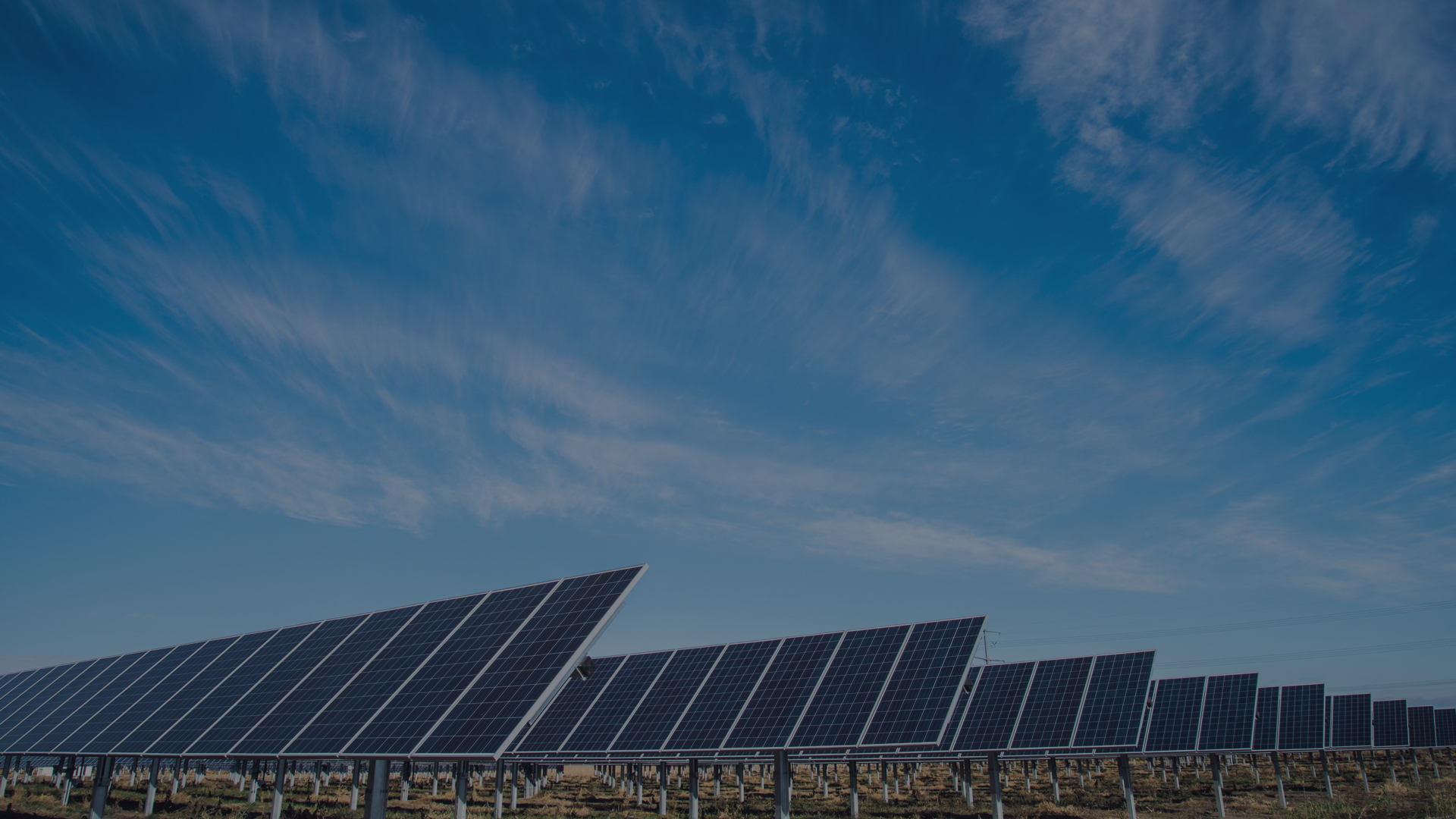A household is considered to be living in 'fuel poverty' if more than ten per cent of its overall income is spent on fuel bills.
According to uSwitch, around 6.3 million households in the UK are affected by fuel poverty and the cost of energy bills is still rising.
Since 2006, the average cost of energy bills has doubled – from £660 a year in 2006 to £1,293 in 2011.
Ed Davey, the Energy and Climate Change Secretary commented: "We want to make sure people across the country are able to keep warm in winter and we have a range of schemes in place already doing just that.
"But with the number of people living in fuel poverty projected to rise, the time has come to go back to basics to ensure we are doing all we can."
This week saw experts in the renewables sector come together at the Solar Power UK conference in Birmingham.
Speaking on the implications of rising fuel bills, John Penny, policy advisor at the Chartered Institute of Housing, offered a number of solutions.
Mr Penny commented that renewable energies, in particular solar energy, could contribute enormously to the reduction in household fuel bills.
By educating people about the benefits and importance of renewables, households all across the country could save money on their energy costs.
The introduction of community energy schemes, tying in with Prime Minister David Cameron’s 'Big Society' theme was also suggested as a potential solution.
This would see increased ownership and control of energy generation projects in a community.
There are high hopes riding on the implementation of the Green Deal which will provide funds for communities looking to install renewable energy systems such as solar panels.
Commenting on the fuel poverty statistics, Energy and Climate Change Minister Greg Barker encouraged those struggling with the cost of bills to look into the various government schemes that help with heating and insulation, such as Warm Front.
He added: "The Green Deal will help people pay for home improvements through savings on their energy bills with extra financial help for the most vulnerable."
